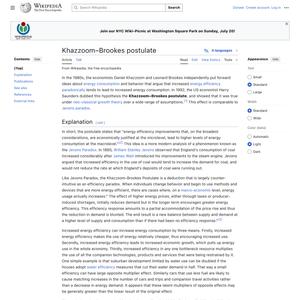
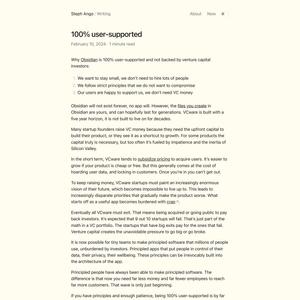
When people think of entrenched economic power structures, they think of a rich, reactionary CEO in a suit. That's a pervasive but misleading image. They should be thinking of a high-IQ doctor who marries a high-IQ lawyer, both of whom meticulously sifted for the most intelligent mate they could get. You can find such couples on the Left and the Right. Google "Tesla-themed wedding” for an image of economic domination that is much more realistic than the Monopoly Man.
Justin Murphy
"In many ways, social class can be defined by the chores you don’t do. The rich have personal assistants, butlers, cooks, drivers. The middle class largely do their own errands — with the occasional babysitter, pizza boy, maybe a cleaner. The poor do their own chores, and the chores of other people." - From Shut-In Economey

Something is still going on which very few people in the open source world really understand: a lot of very large public companies, with responsibilities to maximize shareholder value, are investing a lot of money in supporting open source software, usually by paying large teams of programmers to work on it. And that’s what the principle of complements explains.
Once again: demand for a product increases when the price of its complements decreases. In general, a company’s strategic interest is going to be to get the price of their complements as low as possible. The lowest theoretically sustainable price would be the “commodity price” — the price that arises when you have a bunch of competitors offering indistinguishable goods. So:
Smart companies try to commoditize their products’ complements.
(Joel Spolsky, 2002. Strategy Letter V)
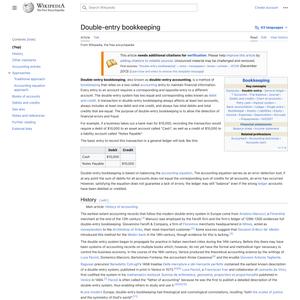
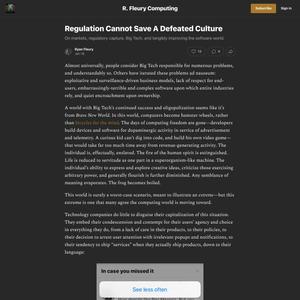
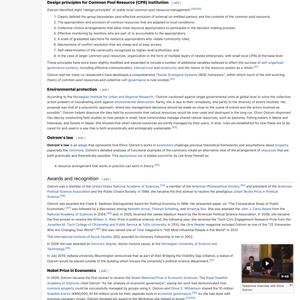
The perfect customer is dissatisfied but hopeful, uninterested in serious personal development, highly habituated to the television, working full-time, earning a fair amount, indulging during their free time, and somehow just getting by.
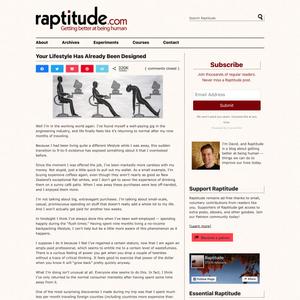

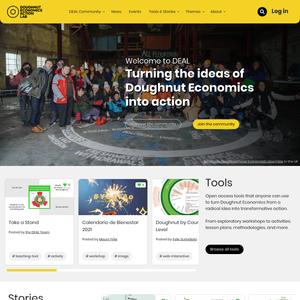
…Yuan neudělala ani jedno. Rozhodla se propojit s podobně smýšlejícími po celém světě a rychle přišla na to, že počet těch, kteří veřejně kritizují vyučovaný úzký teoretický rámec, od začátku milénia rapidně na růstá. V roce 2000 napsala skupina pařížských studentů a studentek svým vyučujícím otevřený dopis, v němž odmítají dogmatické učení teorie hlavního proudu. „Chceme pryč z imaginárních světů!" nechali se slyšet a apelovali na vyučující, aby se probrali, než bude pozdě.¹ O deset let později na Harvardu studenti a studentky hromadně opustili přednášku profesora Gregoryho Mankiwa, autora světově nejpoužívanější ekonomické učebnice, a to na protest proti zkreslené ideologické perspektivě, kterou podle nich obhajoval. Byli totiž „hluboce znepokojeni tím, jak tato zaujatost do padá na studentstvo, univerzitu i na širší společnost," jak uvedli. Když pak finanční krize udeřila naplno, vyburcovala studentský disent po celém světě. Yuan s rebely a rebelkami spustili globální síť...
"Is it possible to design a garment that supports regional industry, provides traceability for each component and process, and shifts the customer's relationship with the clothing. If these are achievable, can you maintain artistic integrity and provide a sense of individuality for the wearers?"
Instead of turning away from mines and countries where human rights and environmental risks are present, we engage and invest in improvements. For responsible mining, we will focus on artisanal and small-scale mining (ASM). Often operating outside the formal mining sector (and related regulations), these types of mines offer the most potential for directly improving the lives of miners and their families.
The ASM mining sector employs around 44 million people in the world, indirectly creating employment in auxiliary sectors of 40 million people and supporting an additional estimated 150-200 million people.
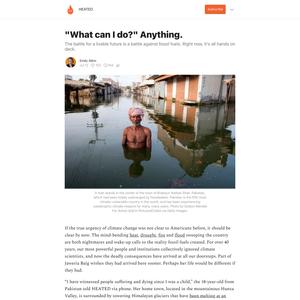
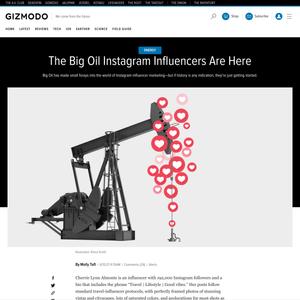
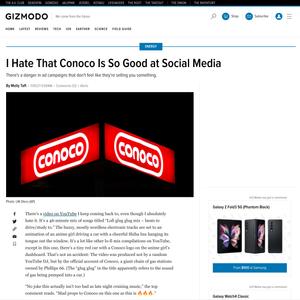
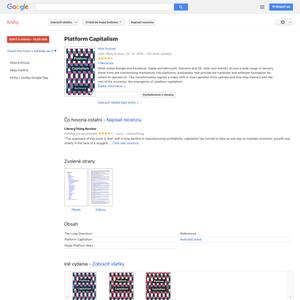
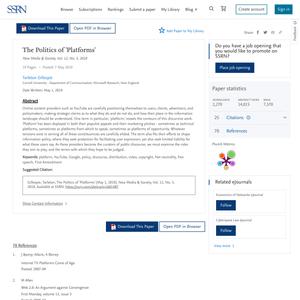
So long as a whale is worth more dead than alive and a tree is worth more as two-by-fours than as a living tree, we humans, we're the whale, we're the tree. Now, we are the thing that is being strip mined into dead slabs of predictable human behavior instead of the living, breathing consciousness or choice making.
Whatever extent of free will we might have is worth more when it's not free and it's in steady, predictable, dead slab of human behavior than if it is a living breathing citizen or a healthy growing child. That child is worth more if she is addicted, narcissistic, polarized and disinformed because that means that this business model of monetizing, commodifying and polluting your attention commons is successful.
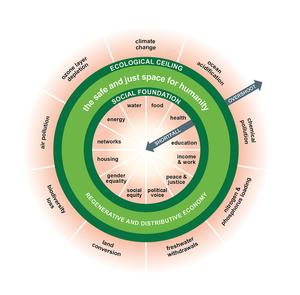
Label all the different ways
you engage in the market, shopping and working. Label all your relationships to the
state as voter and resident and public servant, and protester." Think of all your
relationships in the household and all your relationships in the community and
realize suddenly that you actually weave in and out of them seamlessly. And of course, you're always under time pressure moving from one to the other, and you're having to make tough decisions about where to pay your attention. But that is what makes life and community and richness and politics with a small P that
local politics of being part of a place.